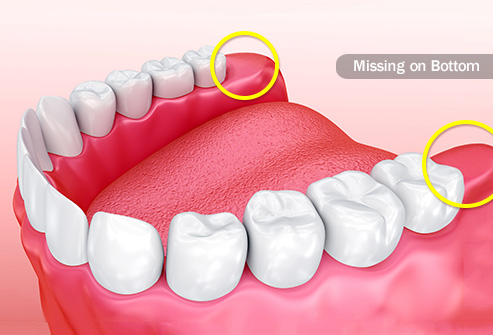What We Should Know About Wisdom Teeth
Wisdom teeth are the items that can make you smarter. They are called that because they usually come in when you are older, about 17 to 21 years old. These teeth are behind your mouth. Usually you will get two on top and two on the bottom as part of a complete set of 32 adult teeth.

Why We Need Taken Out Wisdom Teeth?
These molars are easier to trouble you than any other teeth. Every year, approximately 10 million wisdom teeth are removed, or extracted in the United States. The main reason is that when the teeth do not have enough space to come out of the gums, it will have an effect.
How to Take out Wisdom Teeth?
Simple Extraction
How your dentist takes out the teeth depends on the degree of teething of the gums. If it has gotten very in, your dentist can do it. They may paralyze your gums and then use a needle to place a stronger anesthetic in the area. They use a tool called an elevator to loosen their teeth and then use dental forceps (like pliers) to pull the teeth. They will clean the area and pack it with gauze to stop bleeding.
Surgical Extraction
.jpg)
If your teeth are still under the gum line, you may need to remove the teeth. Some dentists may prefer to refer to an oral surgeon for this procedure, but many dentists often perform this procedure. In this procedure, the dentists usually need use the dental surgical lights, which can help them see your oral very clearly. During the surgery, you will get medicine to make you sleepy, so you won't feel pain or memory too much. The surgeon will cut the gum and remove the bone to reach the root. They may need to cut the teeth into pieces to keep the holes as small as possible.
Self-Care
You should be able to resume normal activities the next day. But in order to speed healing and relieve any pain, you can do according to the followings:
Place a cold pack on your chin to help treat pain and swelling;
Try not to spit too much, so you won't move blood clots that block bleeding in the area.
You may not be able to open your mouth completely for about a week. Insist on soft food, avoiding to bother the affected area.
Next:Dental Handpieces: An Overview Of The Options
Previous:Where to Get high quality portable dental equipment with appropriate price?
Previous:Where to Get high quality portable dental equipment with appropriate price?
